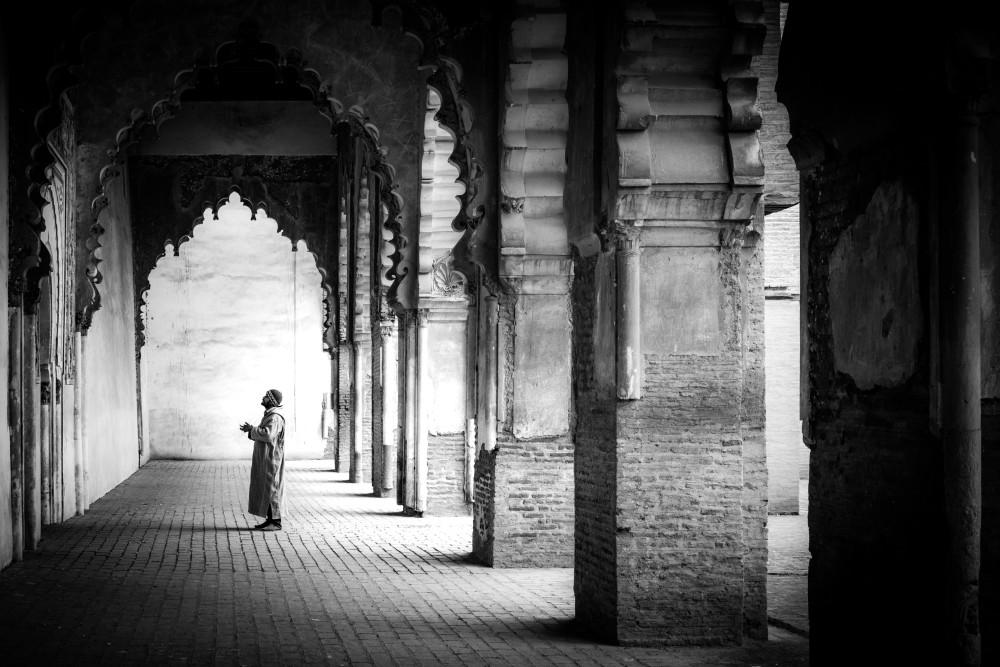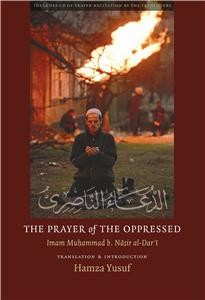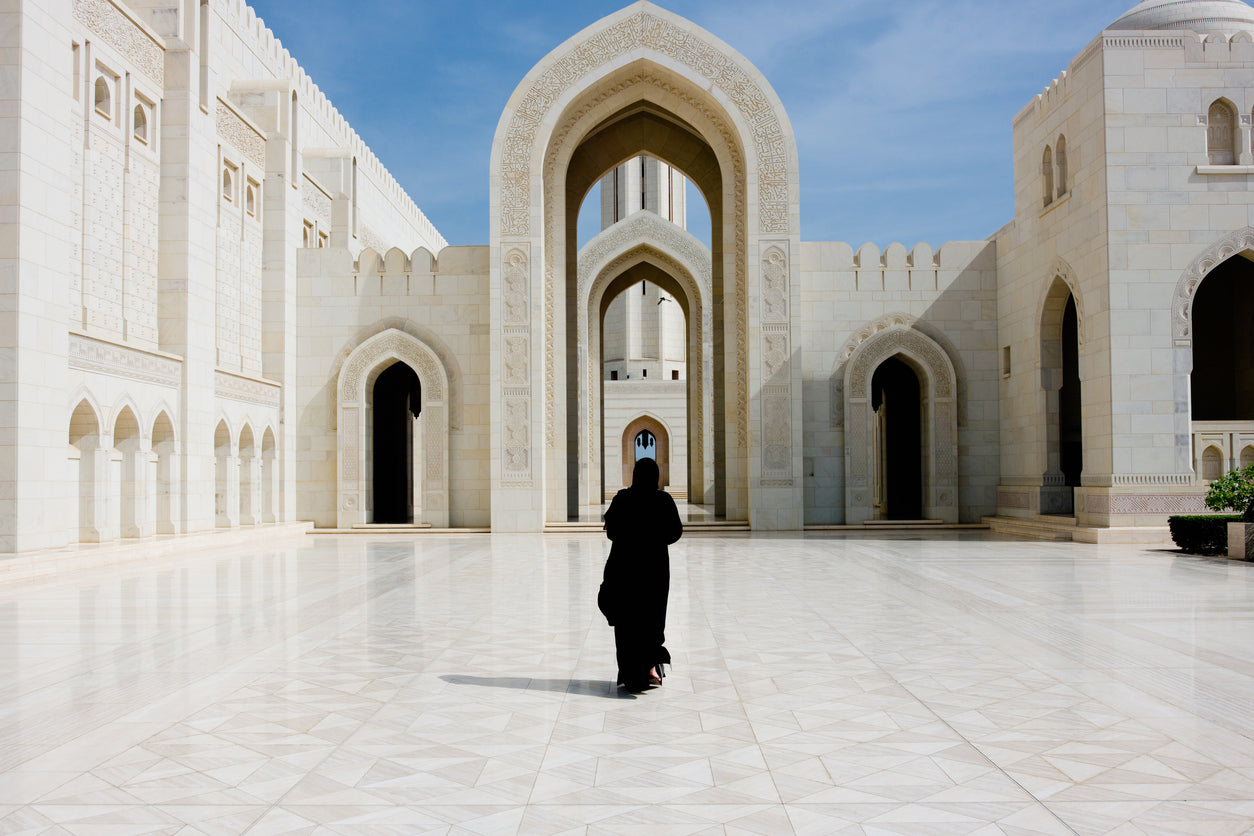Articles
Hamza Yusuf’s Articles
The following are a selection of articles written or translated by Hamza Yusuf made available to Sandala. The topics explored include jurisprudence, poetry, theology and contemporary affairs, all of which are rooted in a traditional wisdom articulated for a modern context.
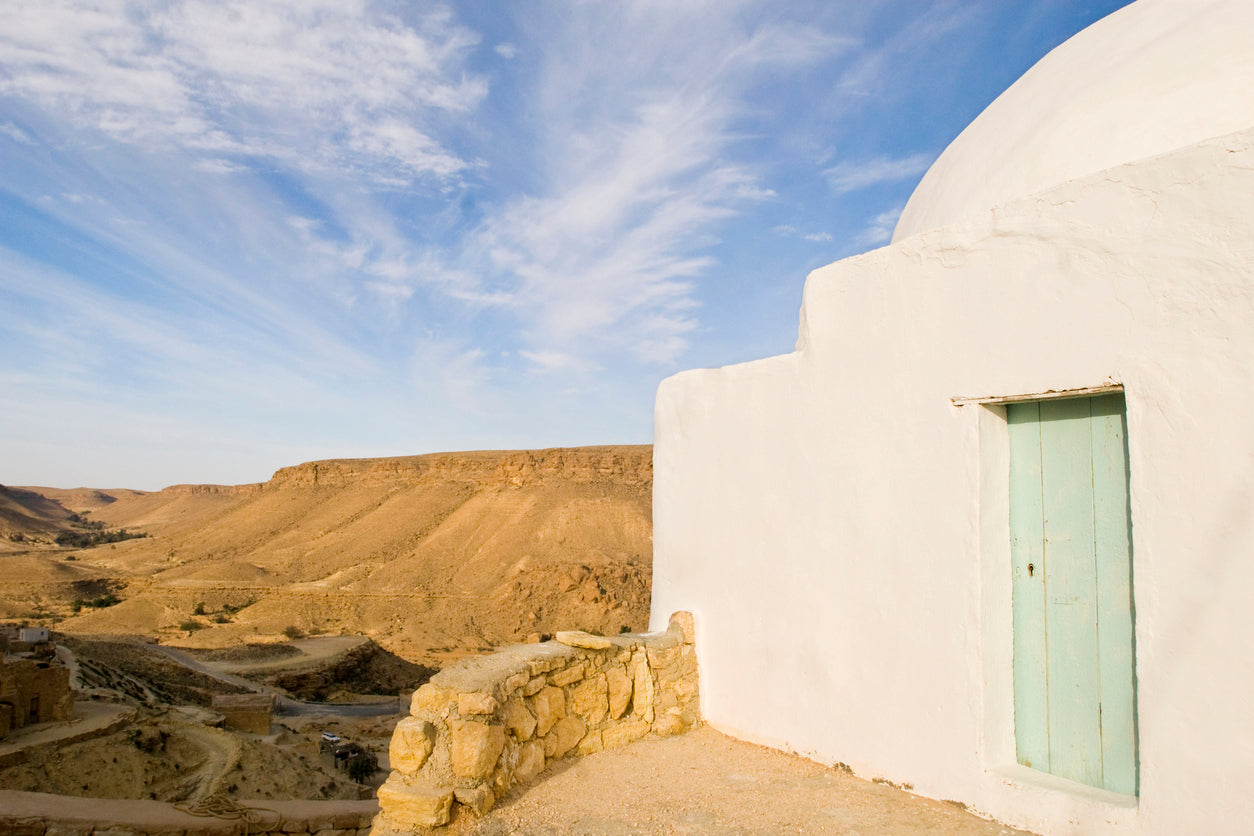
Foundations of the Spiritual Path
by Sandala on May 28, 2015
The noble scholar, the unique of his age, the regulator of the scholars and the saints, Sidi Ahmad Zarruq al-Barnusi al-Fasi, may Allah be pleased with him, wrote the following: If anyone is asked about the foundations of his path, he should reply, The foundations of our path are five.

Making the Quran the Spring of Our Hearts
by Sandala on May 28, 2015
As the world turns and seasons change, our lives move inexorably toward their fated ends. Our minutes become hours, our hours days, our days weeks, our weeks years, and our years make up the totality of our lives. In these days of great imbalance, we are in greater need of connecting to the natural order that surrounds us. Each planet knows its course and each tree its cycle: “And the stars and the trees submit in prostration.”

Religion, Violence, and the Modern World
by Sandala on May 28, 2015
Many of us, in the hustle and bustle of modern life, have little time for reflection; yet as these days are marred by violence of the worst kind, reflection – on the part of those who regard themselves ‘religious’ as well those who consider themselves ‘secularists’ – is more needed than ever.

Walk on Water: The Wisdom of Jesus
by Sandala on May 28, 2015
According to Ahmad, Jesus was known to have said, “Virtuous action does not consist in doing good to someone who has done good to you—that is merely returning a favor. Virtuous action consists in doing good to those who have wronged you.”

Florence of Arabia
by Sandala on May 28, 2015
In 1849, a young English lady journeyed with family friends from her native England to Egypt. Twenty-eight-years-old at the time, she had not yet married, and by Victorian standards she was proving to be of an “intractable nature.” In taking such a journey abroad, she hoped it would help her decide what to do with her life.
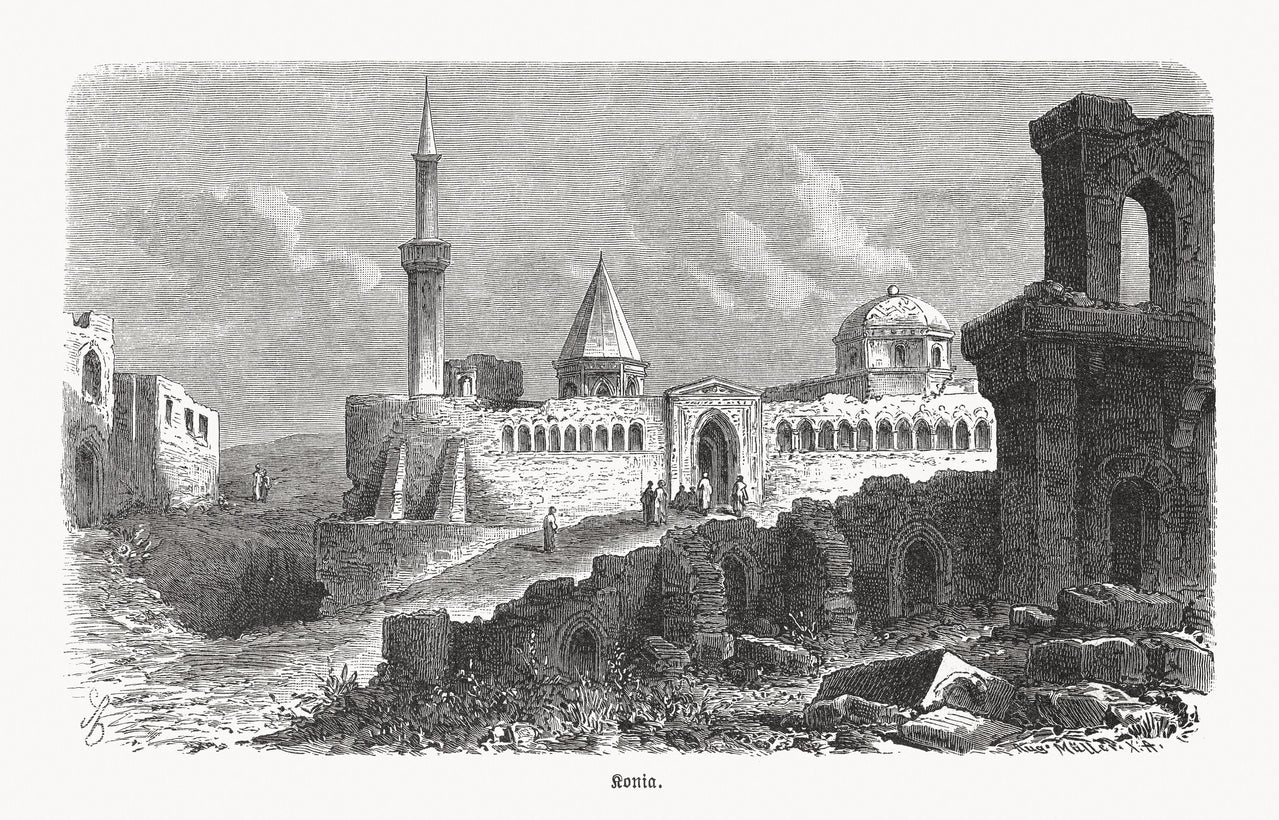
Biography of Nizam al-Mulk
by Sandala on May 28, 2015
One of the benefits of studying the biographies of the people that went before us is that our predecessors inspire us by their lives and by their sacrifices. Among these inspirational people are the prophets, saints, scholars, and even righteous political rulers. One of the most righteous political rulers in the history of Islam was Nizam al-Mulk. He was the patron of the great Imam, Hujat al-Islam (the Proof of Islam), Al-Ghazali; may Allah be pleased with him.

Chess and the Divine Decree
by Sandala on May 28, 2015
It would be honor enough for the people of India had they bequeathed us nothing but chess, a game that, like the sun itself, has traversed the entire globe. Indeed, people everywhere hold high in esteem and deem intelligent anyone who masters it or even plays it well. Such being the case, in how much greater esteem should we hold the brilliance of its ingenious inventor?

Generous Tolerance in Islam and its Effects on the Life of a Muslim
by Sandala on May 28, 2015
We find ourselves in a time of immense conflict and confusion, which has led to widespread unrest and agitation—what the Arabs term fitna and haraj. According to several sound prophetic traditions, both these qualities reflect the state of communities and people in the latter days.

Chess in the Light of the Jurist
by Sandala on May 28, 2015
Played allover the world by people of all faiths, the game of chess is enjoyed privately and publicly as a pastime as well as a serious competitive endeavor. Most likely, though, few Muslims stop to think about the legal ruling of playing chess in the shariah (Islamic sacredlaw).
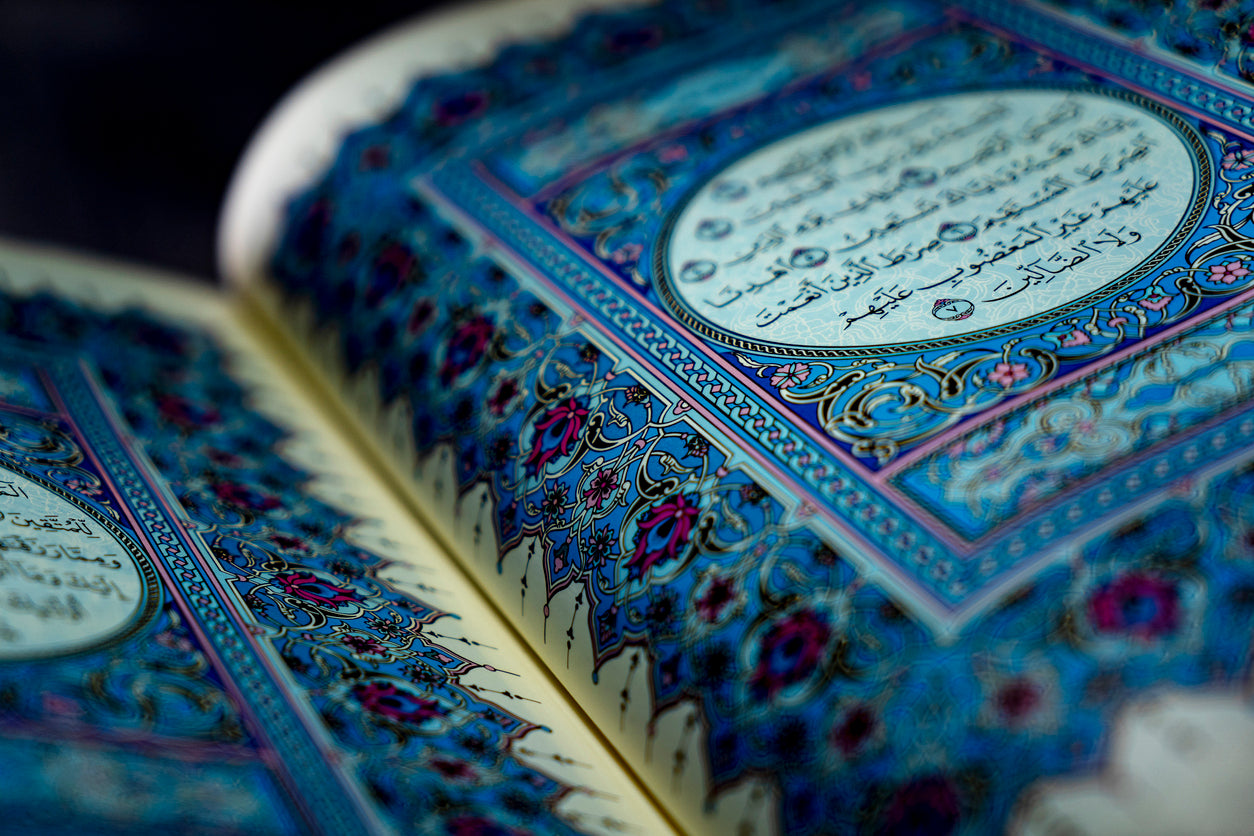
A Spiritual Witness
by Sandala on May 28, 2015
Theology is a reaction, a creative response to tension in the mind of a believer who is confronted with propositions that challenge not his experiential faith but his intellectual understanding of it. Experience of faith and expression of faith are distinct yet bound in a way that is often lost in discursive theology.

Who are the Disbelievers?
by Sandala on May 28, 2015
Kufr may be defined as disbelief, ingratitude, or arrogant reflection of truth; it has many other nuanced meanings in theQur’an and Sunnah. The Qur’an mentions that when man is troubled by truth, he begins to think (fakkara) about and determine (qaddara) what is the best approach to justify his rejection of the truth.

Three Poems
by Sandala on May 28, 2015
-
Prayer for Rain
- Read Full Poem
-
Spring’s Gift
- Read Full Poem
-
Requiem for a Lamb
- Read Full Poem




